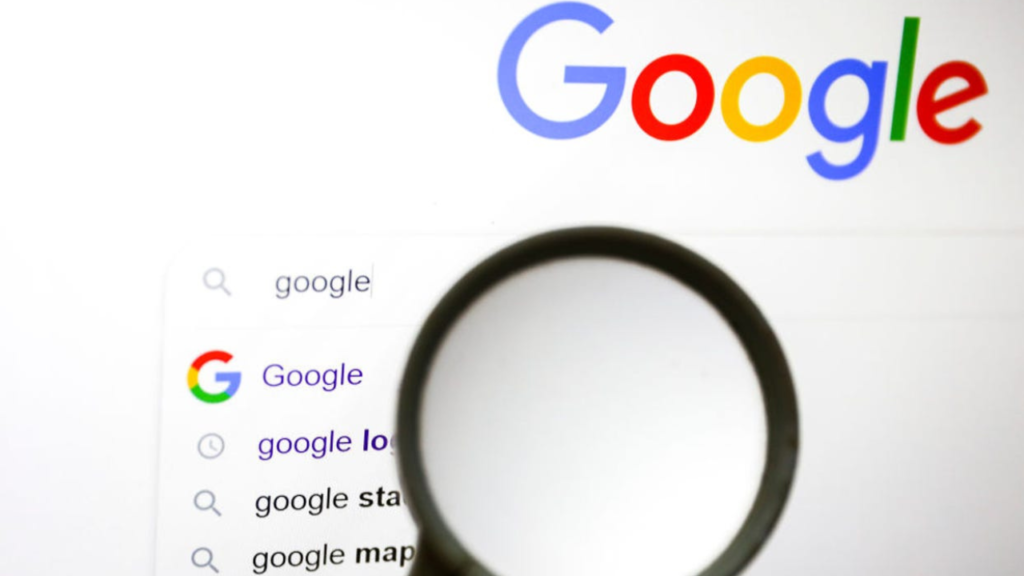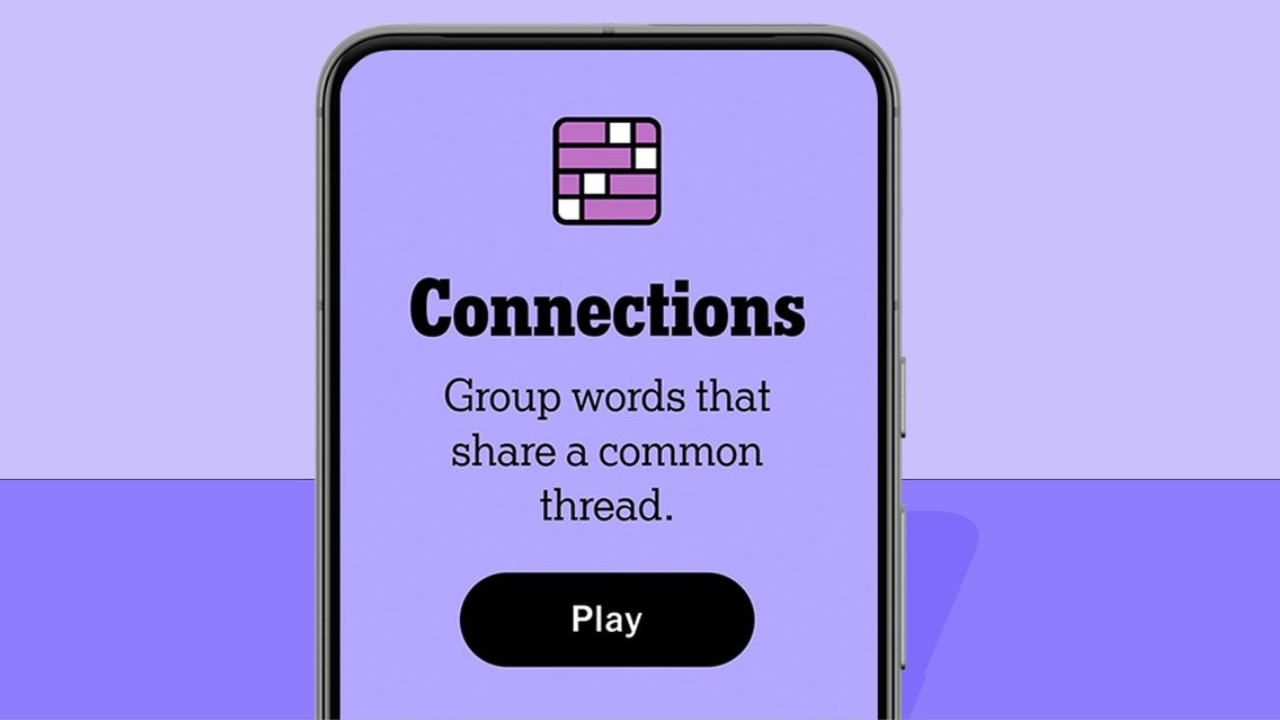In the realm of search engines, Google reigns supreme, and for good reason. Its efficiency in providing relevant results, whether for simple queries or conversational searches, is unmatched. Even when typos are involved, Google often knows exactly what you mean.
However, this overwhelming dominance can pose significant issues. Earlier this week, a US Federal Judge labeled Google a “monopolist,” citing its consistent efforts to maintain this status.
One of Google’s key strategies is securing its position as the default search engine on countless devices, from Android phones and Chromebooks to iPhones. For the latter, Google pays a substantial amount to Apple. Despite the recent ruling, Apple seems reluctant to switch search engines. According to Apple’s Senior Vice President of Services, Eddy Cue, “I don’t believe there’s a price in the world that Microsoft could offer us. They offered to give us Bing for free. They could give us the whole company.”
This bold statement underscores the lack of viable alternatives to Google. No other search engine offers the same level of intelligence or functionality.
Interestingly, users of iPhones, iPads, and Macs have the option to change their default search engine in Safari. They can also download alternative browsers like Google Chrome, Arc, or Firefox.
To switch the default search engine on iOS or iPadOS, simply open Settings, navigate to Safari, and select ‘Search Engine.’ The options include Google, Yahoo, Bing, DuckDuckGo, and Ecosia. Although Apple provides this flexibility, Eddy Cue testified in 2023 that “there wasn’t a valid alternative” for customers, even though changing the default is straightforward.
Given the recent ruling, it appears Cue’s stance remains unchanged. The likelihood of Apple changing its default search engine anytime soon seems slim. While users can opt for Bing or DuckDuckGo, many might eventually revert to Google.




















